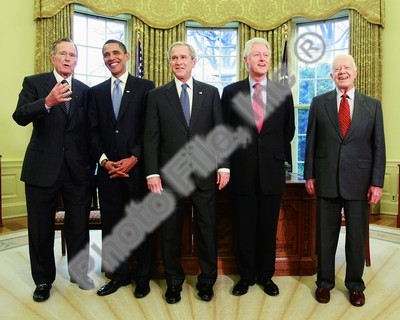Katrina vanden Heuvel advises the new president.
vanden Heuvel: If I had 10 minutes with Barack Obama right now, I’m not sure I’d begin with a list of issues. I think sometimes our politics is too list-driven, and one of the magical touches Barack Obama brought to the political process was not a litany of issues. It was more a different spirit of politics. I would say to Barack Obama, don’t close yourself off. You are the first community organizer and chief sitting in the White House, the people’s house. Make sure that you stay in touch with those who work their heart and soul out for you to get into this position. Don’t get closed off. Don’t begin to live in the bubble of Washington D.C., or listen only to those who are in the establishment, however broadly defined that is. So, that would be one issue. And then, coming off of that, I would say, you know, feel the pain in this country. Don’t just feel the pain on Wall Street. Fell the pain of those who are being evicted across this country as you think hard about your economic program, and think hard about what you’re going to do to really reengage a world which is so eager to reengage America, because, yes, there is the great symbolism and power of your presence, your election after 8 years of long national nightmare, but your policies are also going to matter. So, think hard, for example, before you deepen the military escalation in Afghanistan, which not only might alienate those who want to reengage America, reengage the Obama administration, but, also, it may squander the resources so desperately needed for your project to rebuild and reinvest in this country. Those were the two broad, at home and abroad, issues I’d frame.
Question: Does Obama’s election signal a renewal of pragmatism in politics?
vanden Heuvel: I think pragmatism is an ideology. The Nation’s cover story three weeks ago was about “Barack Obama: Pragmatist.” There’s a long and fine tradition, John Dewey, for example, was a pragmatist. Pragmatism has to be imbued with principles, so I don’t see the end of ideas. I see the beginning of a flurry of different kinds of ideas which may not be in the box. They maybe transcend certain lines, but we are still going to see ideological divisions. It’s interesting to me because I think ideology in this country has always been a dirty word. In other parts of, you know, in Europe, for example, ideology, it means, you know, your set of ideas. Here, it’s kind of subversive and dangerous. Of course people have ideologies. If you believe in a more progressive taxation system, you know, that’s a set of ideas. So, we’ll see, but I think, you know, Franklin Delano Roosevelt, the president who Barack Obama is obviously reading and modeling himself on, as well as Abraham Lincoln, was a supreme pragmatist. His idea was constant, persistent experimentation, but in that experimentation was a re-architecturing of the American economic system for example, and we are living with those ideas, those models, those policies which a pragmatist, Franklin Delano Roosevelt, put into place decades ago, otherwise this economic crisis would be much more severe. Just in a broader, more philosophical level, I think that caution is the new risky. I think to be bold at this time, to be bold in rethinking what has been done, whether it’s in the economic domestic sphere or abroad in foreign policy, would be wise. I think the world is at a moment where the old order has collapsed, and that’s an ideological statement. I think some of the ideological framework of certainly the economic deregulated system we’ve lived with, that’s up for grabs, so where that heads will be part of the struggle. Not struggle, but part of the work going forward. And, again, I come back to, I’m worried that Barack Obama, not so much pragmatist, because I think that has a value, but that there’s a caution. There is a caution and that he might be too willing in that cautiousness to listen to others who he thinks have greater experience, and I’m a little suspicious of experience if it comes from long service in government, because, not to conflate those in this current administration, but let’s not forget that Dick Cheney and Donald Rumsfeld and Conde Rice have lots of experience.





